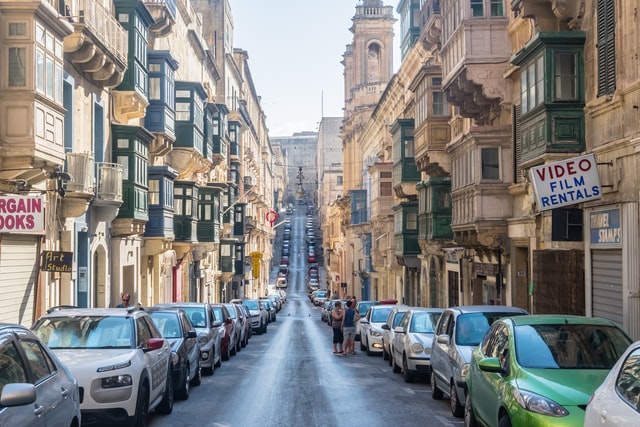http://www.g276jg55v1jp4a3ot1rz6tic8098ql38s.org/
Last Sunday on the 5th of September 2021, Times of Malta had published a poll for the public, where just about half the participants claimed parking in Maltese public spaces should be free, while a third stated residents should be prioritized when it comes to allocating parking spaces.

The concept of having to pay to park in a public parking bay may seem foreign to locals, however this has been actively enforced throughout larger European cities. This includes smaller towns also, that would have daily or subscription fees for on-street parking.
Meanwhile, in Malta we are starting to recognize that the density and the infrastructure built caters primarily for the benefit of car users and in turn, after widening and connecting more roads to ease the traffic flow, the latest attempt at diminishing car use may come from penalizing car users with charges for the on-street space by local governments.
An example of this was recorded on 'The Times' in the UK, which stated a plan for Londoners to be charged about £700 annually for on-street parking, to encourage private parking and diminished car uses. The benefits of this would be of less pollutants as well as discouraging to travel short walkable distances because of the availability of a car. There was also mention on vehicles which have higher pollutants would incur additional charges.
When considering our National car-first mentality, the primary deterrent to sustainable mobility is the over-availability and accessibility to obtain a car in Malta. The ability to receive a loan or a second hand vehicle then promises convenient and fast travelling for the rest of your life, or until you can't afford to maintain the luxury. In this regard, the proposition of parking meters and paid permits to park in certain areas can further require the public to pay for these luxuries, allowing money conscious individuals to stray from the expenses of vehicles and opt for other mobility devices or services. It can also be suggested that such actions can push larger groups to public transport, which would decrease independent travel and traffic, while also leading to a need to improve public transport to better accommodate the rise in customers.
Further comments from Maria Attard, the director for the Institute for Climate Change and Sustainable Development, states that this is not an 'extreme' measure, and that many countries have long since adopted and established competent systems for controlling vehicle quantities in towns. For instance, Valletta was known for being heavily visited and burdening locals due to the limited parking so in response, residential parking permits where provided to allow designated areas for local persons to use. Notably, many historic residences in Valletta do not come with garages, and in such cases across Malta, paid street parking may lead to those affording to acquire a private parking or pay for the public bays, whilst the final option would be to lose the cars and find other modes, such as kick scooters, mopeds or public shuttles.
logo [url=http://www.g276jg55v1jp4a3ot1rz6tic8098ql38s.org/]unfvlnhmfx[/url] nfvlnhmfx http://www.g276jg55v1jp4a3ot1rz6tic8098ql38s.org/anfvlnhmfx